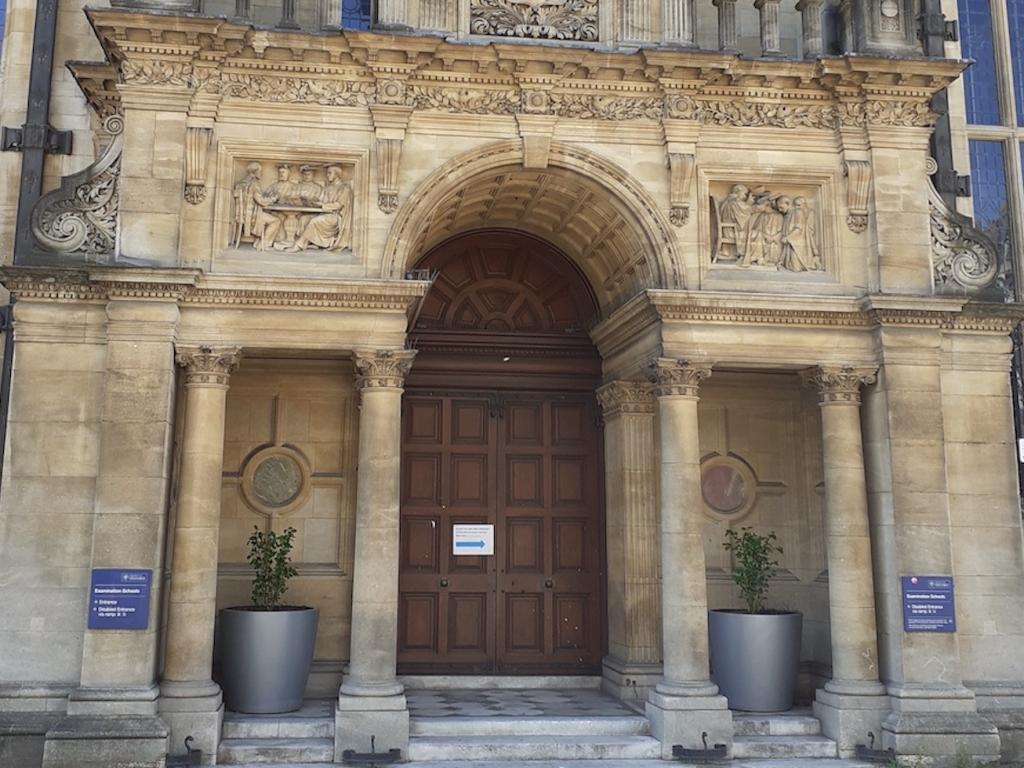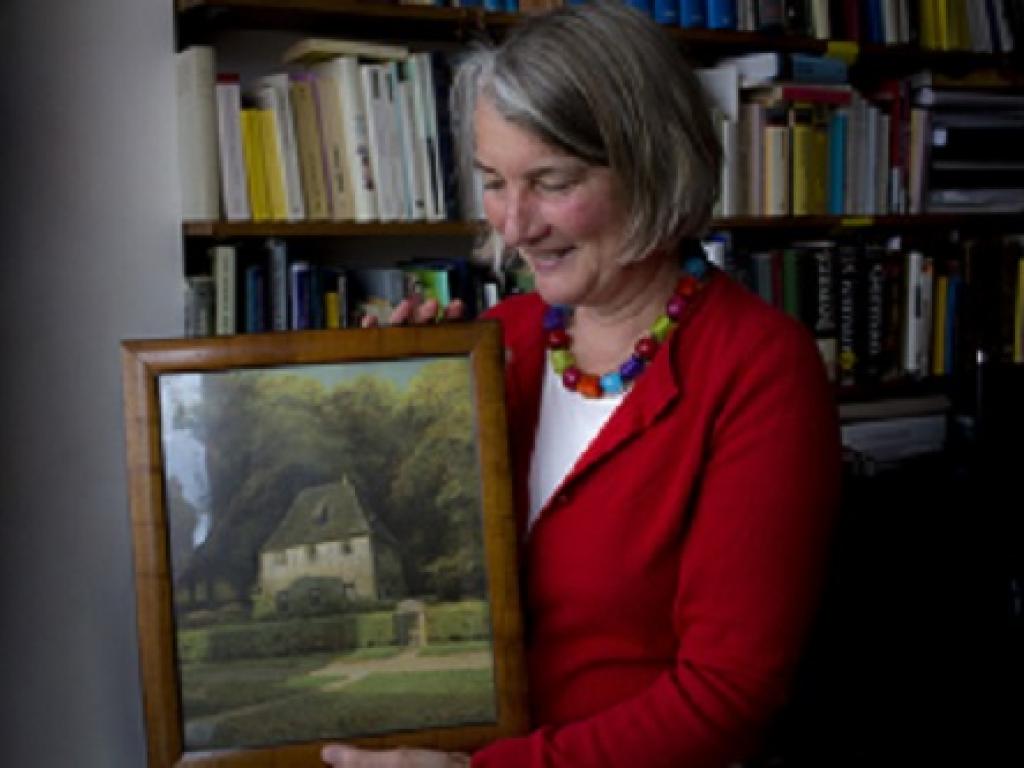
This has been a term like none before it. In the Middle Ages and the early-modern era some colleges had country houses to which they fled when the plague was at the City Gate. We have not had that luxury – but then Boccaccio didn’t have Teams. Lockdown started just as most students were leaving at the end of Hilary Term. It continued through the whole of Trinity Term, including the exams. Resilience, cheerfulness and generosity of spirit came to the fore as the whole of the academic community made the transition to online tutorials, lectures and even exams.
Unsurprisingly, there is much virtual material in this issue of The Oxford Polyglot. It showcases some of the variety of our early-career researchers’ investigations. Did you know the BBC once had a German service? Its history is being written—and broadcast—by Senior Instructor in German Emily Oliver (you will find links to programmes at the end of her article). Ruggero Sciuto was an undergraduate in Italy before coming to England and has spent time in Paris. He has just been awarded a Leverhulme postdoctoral fellowship and will be pursuing a project on Baron d’Holbach, an elusive yet central Enlightenment figure whose writings form the basis of Digital D’Holbach.
Emily McLaughlin hails from Northern Ireland but studied in Oxford. She is now the Fellow and Tutor in French at Wadham College. She specialises in contemporary French poetry and philosophy. Marie Kawthar Daouda was born and schooled in Morocco, studied at the Sorbonne and now teaches at Oriel. She works on ‘decadent’ French writers. Both Emily and Marie’s first books came out during lockdown. We are raising metaphorical glasses in celebration and have interviewed them about their research. Another early-career researcher, Kristina Gedgaudaite recalls a very successful event around modern Greek studies, questions of curriculum and methodology, held at the beginning of the year and which marks a partnership with the University of Amsterdam.
Petrarch’s influence reaches far beyond his native Tuscany. Simon Gilson and a team including early-career researchers—two of whom are portrayed in a cartoon illustrating his article—have been looking into Petrarchan exegesis in Renaissance Italy. One of the outcomes is a fully searchable database PERI which is already proving to be an invaluable resource.
As Emma Huber, the Taylor subject librarian for German, demonstrates in her piece: lots has been going on in Oxford in lockdown even though being deprived of our favourite libraries has been a challenge. The digital editions course is very popular amongst students, whatever their specialisms in terms of period, genre or language. The Taylor Institution played host to German Ambassador H.E. Peter Wittig, who has just left London and, as Henrike Lähnemann writes, we wanted to celebrate the close ties he had with the Faculty. We wish him well and hope he will return soon. We also very much hope you, as alumni, will always feel that Oxford is a part of you. We are going through challenging times, as yet unsure of what the next academic year will look like for our undergraduates, of how to fund our graduates and secure our teaching positions. But rest assured that we are all committed to doing our very best to make a degree in Modern Languages at Oxford a stimulating and rewarding experience, to ensuring that our students gain skills which will set them up for life, to providing enjoyment along with academic excellence.

Best wishes,
Professor Almut Suerbaum
Chair of the Medieval and Modern Languages Faculty Board